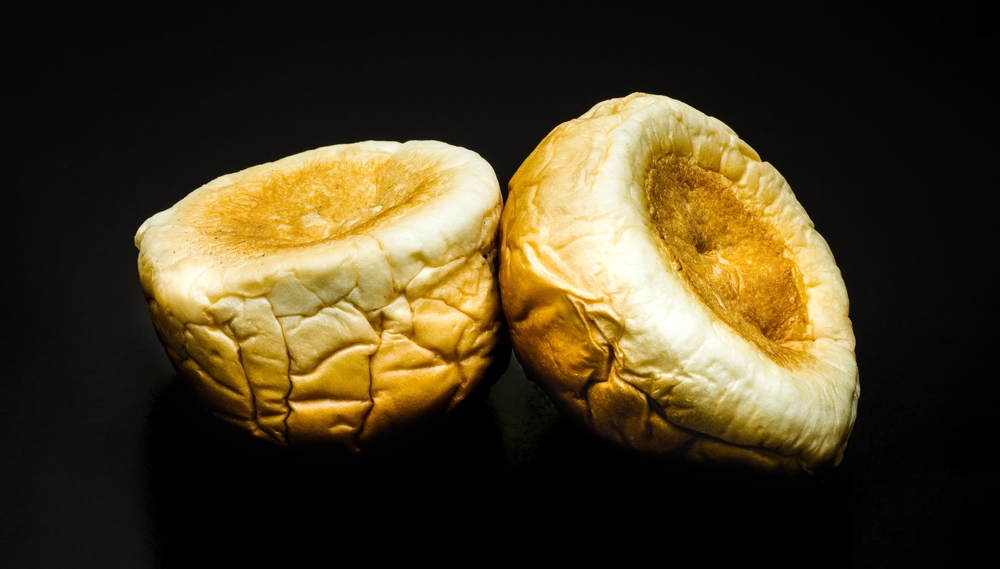Have You Ever Been Told Not to Place The Bread Upside Down?
Others are reading now
Ever been cautioned against placing bread upside down on the table and wondered why? This peculiar piece of advice, echoing through generations, has its roots deeply embedded in medieval superstitions and carries a fascinating backstory tied to notions of bad luck and societal norms of the Middle Ages.
According to Ouest-France, the belief that setting bread upside down on a table could invite misfortune is not merely an old wives’ tale but a superstition that dates back to the Middle Ages. During this era, public executions were commonplace, often carried out in the market square to ensure a broad audience for these grisly spectacles.
The executioner, a figure both feared and reviled, had a unique association with the bakeries of the time.
To accommodate the busy schedules of executioners, especially during market days filled with executions, bakers developed a practice of reserving loaves of bread for them. To distinguish these reserved loaves from those sold to the general populace, bakers would turn them upside down. Thus, bread placed on its back became a discreet signal indicating the loaf was meant for the executioner.
Also read
Over time, the sight of an upside-down loaf became synonymous with death, or even the devil, leading to a strong aversion among customers. They avoided these marked loaves in bakeries and took great care never to place their own bread upside down at home, fearing it might attract misfortune or the evil eye.
This association of upside-down bread with bad luck has endured through the centuries, becoming ingrained in cultural superstitions. It’s a testament to how historical practices and beliefs can shape modern-day customs and taboos.
Interestingly, in a bid to counteract any accidental bad luck from touching such a loaf, Christians would mark a cross on the upside-down bread with a knife before consuming it, blending superstition with religious practice as a protective measure.
Today, while the origins of this superstition may not be widely known, the caution against placing bread upside down continues to be passed down through generations. It serves as a reminder of the rich tapestry of beliefs and practices that have shaped human behavior over the ages, demonstrating how traditions, however obscure, find a way to persist in the collective memory.


